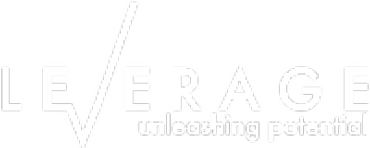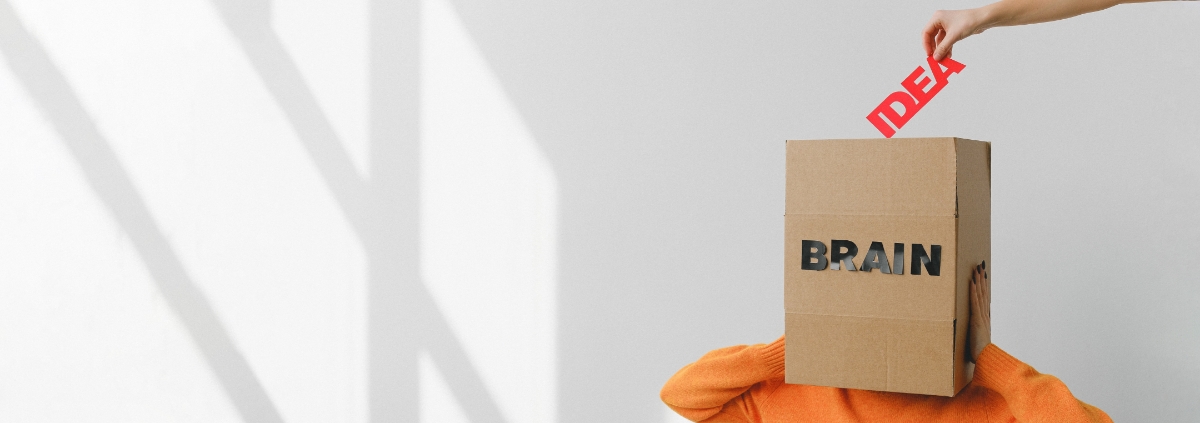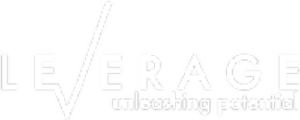All success starts in the brain
Everything you do, everyday, starts in your brain. From breathing and the beating of your heart to getting dressed and performing a task. Most of what you do everyday is based on habits, and most is unconscious. We tend however to think of business as something conscious and logical, when in actuality it is mostly unconscious and psychological. But it is when we understand both the logical & psychological parts of ourselves that we get the keys to success.
From an evolutionary perspective our species, Homo Sapiens, has been around for the last 100.000 years or so, but parts of our brains are much older than that. The reptilian and limbic parts – where fight, flight and habits exist go way back and have millions of years of evolution stored into our brains. The thinking part (neocortex) is the younger one in the family and this is where planning, goal setting, reasoning and visualizing reside. It is the combination between these parts that enable us to set goals, build good habits and handle stress and that results in higher performance and a more balanced life.
Unfortunately the business world today is not using the exceptional tool between our ears, the 1,3 kilo mass, in the best way. The effect of this is lack of engagement in the workplace, resulting in only 21% being engaged at work globally*. When engagement levels drop, productivity goes out the door and motivation is lacking in the workplace. Engagement and Leadership goes hand in hand, that we know, but why? The reason is that the brain wants to know where it is going, it wants a goal in order to plan the road ahead and take actions accordingly. The reason for us wanting a goal is also evolutionary. We are hunters and gatherers and we need to focus on the price to survive. In today’s world this means that when good leadership with clarity and focus is in place we feel more in control, less stressed, and achieve more. Leadership here doesn’t only mean good leaders, it also means personal leadership, how I lead myself. By setting motivating and clear goals it is easier to make plans in getting there. Unfortunately ”lack of common and motivating goals” is the greatest challenge for CEOs worldwide according to research** so we still have a lot to do.
So what can we do?
Success by using the brain in an optimal way has a few ingredients:
- Clear and motivating Goals
- Good habits that take me closer to my goals everyday
- Daily focus that enables me to feel accomplishment and create results
- Keeping stress at bay – everyday
Clear & Motivating Goals
- By setting goals, personal and professional and writing them down you have started the most important part of increasing your success rate. They should be stated in the positive, have a good enough reason to why they are important and preferably be SMART (Specific, Measureable, Attractive, Realistic & Timed). The more emotion you put in the more your brain wants to achieve them so be creative.
- Timing of goals is important so when setting long term goals connect them to weekly goals and daily activities to increase the probability of making them happen
Good habits
- The more you set yourself up for good habits, based on your personal and professional goals the easier for the brain to cope and run the brain smoothly. Be it morning walks, emailing at certain times or always asking for agendas for meetings beforehand. The better you lead yourself through habits, the less stress and the more accomplishments. The brain has to process a lot when things are new all the time so beware of not losing too much energy.
Daily focus
- Sorry to say but multitasking is really bad for the brain. We want one thing at a time. If you don’t believe me, try to hold two thoughts in your brain at the same time – it doesn’t work. Focus is key, and start with the most important first. Use the reward system in the brain and give yourself a dopamin kick with accomplishing a task and check it off your to do list. It feels good every time.
Keeping stress at bay
- Stress is a survival mechanism that has helped us to fight, flight or freeze in times of need. When we were hunted by the savannah by the lion we needed the stress to kick in the overdrive and give us the resources to run away or pick up the spear and fight the beast. Today however this evolutionary old system takes hold of the brain’s limbic system and sets the same responses in action, although there is no lion in sight. We have to realize that stress is there to help us survive a way for the brain to stay alert in times of danger. Today however we can feel stressed by the sheer fact that we have a lot of things to do. The more you feel that you are in control (goals, focus and actions) the less stress you will feel.
In summary, We all have brains that have evolved over millions of years. The newest part, the thinking brain is younger and thinks it runs the show, when in reality it is a bystander that can complement the older brain. When the two work hand in hand we are much more successful, feel less stressed and accomplish more.







